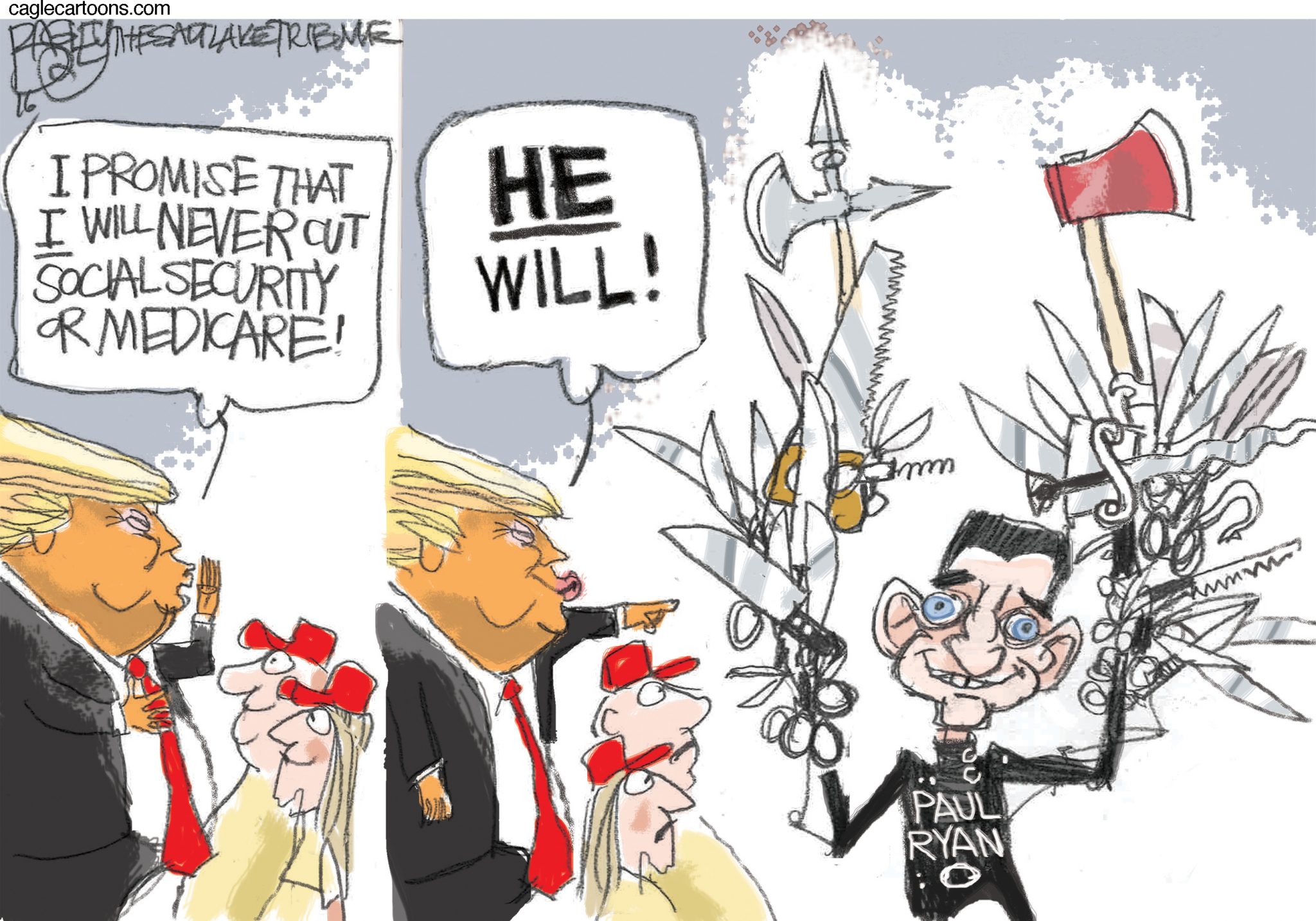BY DAVID PERRYMAN
 After David Wartinger, D.O., a professor emeritus in the Department of Surgical Specialties at Michigan State University, noticed a number of his patients reporting that they had passed kidney stones after riding on a roller coaster and one patient reported passing a kidney stone after each of three rides at Walt Disney World, the good doctor initiated a study checking his patients’ claims.
After David Wartinger, D.O., a professor emeritus in the Department of Surgical Specialties at Michigan State University, noticed a number of his patients reporting that they had passed kidney stones after riding on a roller coaster and one patient reported passing a kidney stone after each of three rides at Walt Disney World, the good doctor initiated a study checking his patients’ claims.
The study substantiated that roller coaster rides were conducive to the passing of some kidney stones and even found that sitting in the rear car resulted in kidney stones being passed 64% of the time while the front produced results only 17% of the time.
The study concluded that “a ride on a moderate intensity roller coaster could benefit some patients with kidney stones and riding a roller coaster after having treatments such as lithotripsy – a procedure that aims to break up kidney stones into smaller particles using ultrasound shock waves – could prevent stones from getting larger and causing additional problems.”
In light of the proposed Medicare “Premium Support” that is being touted by Georgia Republican U.S. Rep. Tom Price, this study is great news for retirees who are now on Medicare or those of us who soon will be. Please have patience as an inordinately high number of senior citizens push their way through the roller coaster line for seats in the rear the next time you take your kids to the amusement park.
Roller coasters may become one of a number of ways that retirees can self-treat medical ailments when Medicare becomes unaffordable or Medicare benefits are scaled back under Price’s plan.
Medicare is a successful 51-year-old federal government program that provides health insurance coverage for 48 million people over age 65, regardless of income, plus another nine million permanently disabled Americans. Nearly 700,000 Oklahoma seniors rely on Medicare and its continued viability is essential to rural hospitals and health care providers across our state.
More than three-quarters [77%] of Americans say Medicare is a very important program, ranking just below Social Security [83%] and similar to the number who say that federal aid to public schools [75%] and the defense and military [73%] are very important.
Seventy-seven percent of Americans say Medicare is working well for most seniors and 75% of the people who are covered by Medicare say that it is working well for them.
So why does Congressman Price want to change Medicare and what does “Premium Support” mean? Very simply, Premium Support involves the federal government instituting a “voucher system” whereby each senior would receive a fixed contribution toward the cost of their insurance rather than a defined set of benefits. The fixed contribution or voucher could then be used to purchase health care coverage.
Most Americans [70%], however, say they prefer leaving Medicare alone, with the government guaranteeing seniors’ health insurance and making sure that everyone can get the same defined set of benefits. So why does it matter what a Georgia Congressman wants to do to Medicare? Well, for starters, it is because Price, supporter of Medicare vouchers, is Donald Trump’s choice to run the Department of Health and Human Services and serve as Trump’s top health policy adviser.
Trump campaigned as a protector of Medicare. He told The Daily Signal, “I’m not going to cut Social Security like every other Republican, and I’m not going to cut Medicare or Medicaid. Every other Republican is going to cut.” Hopefully the appointment of Price does not signify a change in Trump’s position on Medicare. Seventy percent of Americans may soon be saying, “President Trump, save our Medicare from the Republicans!”
Otherwise, those of us facing kidney stone issues need to remember two things: Virtual Reality roller coasters do not produce the same results; and those of us who lack the resources or the time to go to Six Flags may want to see if driving over speed bumps at excessive speeds render the same effect.
– David Perryman, a Chickasha Democrat, represents District 56 in the Oklahoma House







